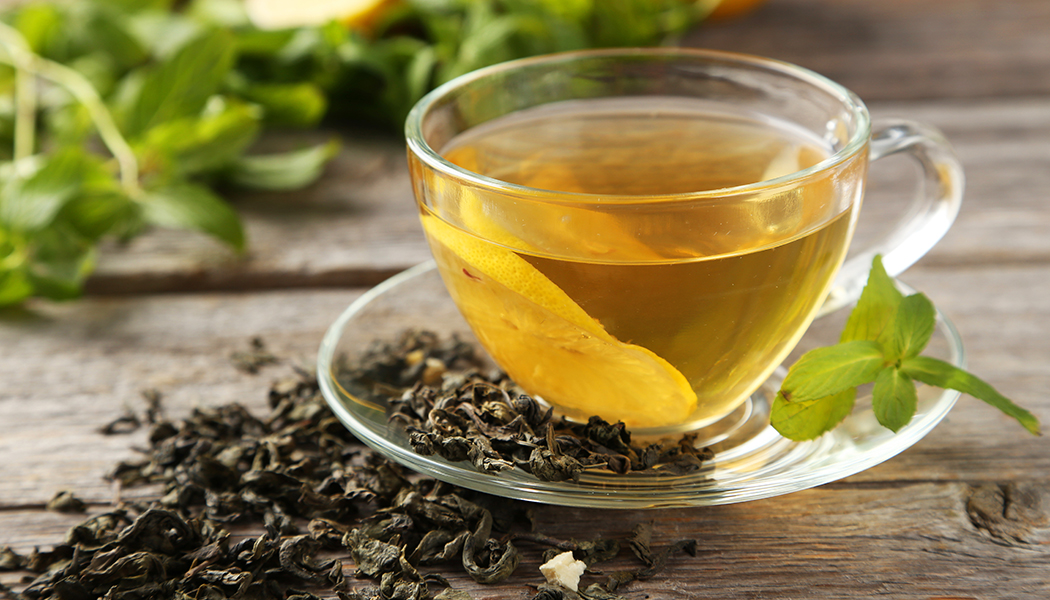Does Green Tea Reduce the Risk of Cancer?

Green tea has long been linked with positive health outcomes. It is full of antioxidants that have been associated with the prevention of many ailments, including cancer. Despite these associations, there have been no evidence-based suggestions on the quantity of green tea needed to prevent cancer. There are also no specific guidelines on which types of cancer may be prevented by drinking green tea. Without this information, many people are left asking ‘does green tea actually prevent cancer?’
Green tea, also known as Chinese tea, is a type of tea made from Camellia sinensis leaves. Aside from water, it is the most widely consumed beverage around the world. Because of its popularity, researchers and consumers have been fascinated with potential health outcomes associated with drinking green tea. Some studies found that consuming green tea lowered both LDL, or ‘bad’, cholesterol and triglycerides, a type of fat found in blood. LDL cholesterol and triglycerides both contribute to fatty build-ups in arteries. These build-ups are often associated with strokes, heart attacks, and peripheral artery disease (PAD). As green tea was found to reduce these build-ups, researchers concluded that drinking this tea could lower the risk of cardiovascular diseases. Studies have also found that green tea may lower one’s risk of obesity and improve physical performance. Drinking four cups of green tea a day for two months caused a significant decrease in body weight, body mass index (BMI), waist circumference, and systolic blood pressure.
Despite many studies proving a positive association between green tea and health, determining the impact the beverage has on cancer prevention has been inconclusive as of yet. Many researchers interested in green tea and cancer prevention have limited their experimentation to animal cells. While animal cells often act as an appropriate starting point, the outcomes are not necessarily generalizable to humans.
However, the studies on humans in regard to their risk of developing cancer generally required a much larger time frame than other studies. Monitoring the risk of cancer takes significantly more time than monitoring LDL cholesterol levels, as the study must often follow participants throughout their lifetime. Because of this, it is common for many studies to lose participants for unknown reasons and to have contradictory findings due to uncontrollable confounders. For example, researchers may not have been able to account for genetics or risky behaviors such as smoking, drinking, and sun exposure.
Although researchers have yet to prove an association between green tea consumption and cancer prevention, it is a widely accepted fact that a healthy body may aid in lowering one’s risk of cancer. As many studies have suggested that green tea is linked to good health, it is not unlikely that future research will be able to prove that it reduces the risk of cancer. Luckily, drinking green tea only yields benefits without any consequences. As researchers continue gathering evidence of green tea’s role in cancer prevention, consuming green tea regularly will continue improving other measures of health.











